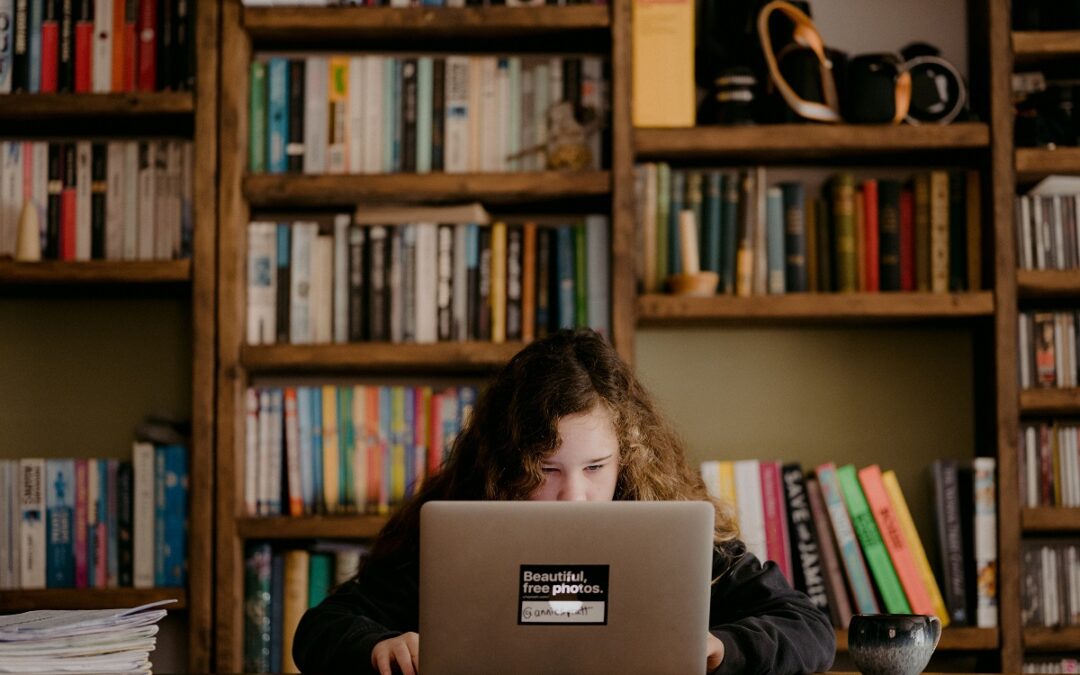Almost 4 Years Later
As we prepare to head into the new year almost 4 years after the COVID pandemic began, we continue to see the echoes of the impact on our future generations. Particularly the aftermath of Covid on teen anxiety. As a therapist, I am seeing more and more teens entering their college years filled with hopelessness, anxiety and fear about their future. Many have become lost and emotionally stunted by the social impact that this pandemic had on their developmental growth, learning, and socialization skills. Some feel disenfranchised by the American Dream, and or lack of it, that once existed for my parent’s generation and mine. These kids are seeing student loan debt, poor financial compensation for their educational efforts and sacrifice, and a grim economy that leaves them feeling as if home ownership will never be attainable.
How We Got Here
When we remember the effects of society during this crisis, it’s easy to acknowledge how teens who are now young adults were robbed of many important aspects of their youth. The sudden shift to remote learning and limited social interactions left many teenagers feeling disconnected and anxious about the future. When schools closed and extracurricular activities were canceled, many teens lost their sense of structure and purpose, leading to feelings of hopelessness and despair. The constant exposure to news about the pandemic and its consequences caused heightened levels of stress and anxiety among teenagers. Then the polarization of our leadership, hate crimes, and the stress of fitting in with friends and family over differing values and political views made it difficult for many to feel seen, heard and accepted as they were.
Anxiety Affects All Areas of Functioning
Anxiety can lead to a range of mental health outcomes for teenagers and now young adults. These include depression, low self-esteem, and a decreased sense of well-being. Anxiety can also lead to a lack of motivation and a decreased interest in activities that were once enjoyable. This can lead to a reduced quality of life and a negative impact on overall mental health.
Anxiety can also have a significant impact on academic performance. I’m seeing once straight A students struggling to even function socially, let alone get back to their stellar performance. Teenagers and young adults with anxiety may be challenged with concentration and memory retention, leading to a decrease in grades. They may also have difficulty completing assignments and participating in classroom discussions. This can lead to a reduced sense of self-worth and increased anxiety about academic performance.
Teens and young adults’ social skills and relationships seem to have suffered significantly. Teenagers with anxiety may struggle with social situations, leading to a lack of confidence and difficulty making friends. They may also have difficulty maintaining relationships with family and friends, leading to a sense of isolation and loneliness. This can further exacerbate anxiety and lead to a negative impact on overall mental health.
Solutions
In the aftermath of Covid on teen anxiety, teens and young adults need assistance to help them navigate their feelings. They often have lots of negative beliefs about self that won’t just go away because they were told it wasn’t true. EMDR can be a very effective tool for helping teens overcome their fears and also help them find their voice to express their needs. It can help them make decisions for their life that might be different than what their parents’ expectations were for them. When a teen or young adult feels that their parents are disappointed in them, they can often stay in an anxious place trying to please their parents, rather than asking for what they need. Expressing their autonomy to make their own decisions regardless of a parents’ response takes courage and the support of someone who can help them find their way again.
For more information on EMDR click here.

